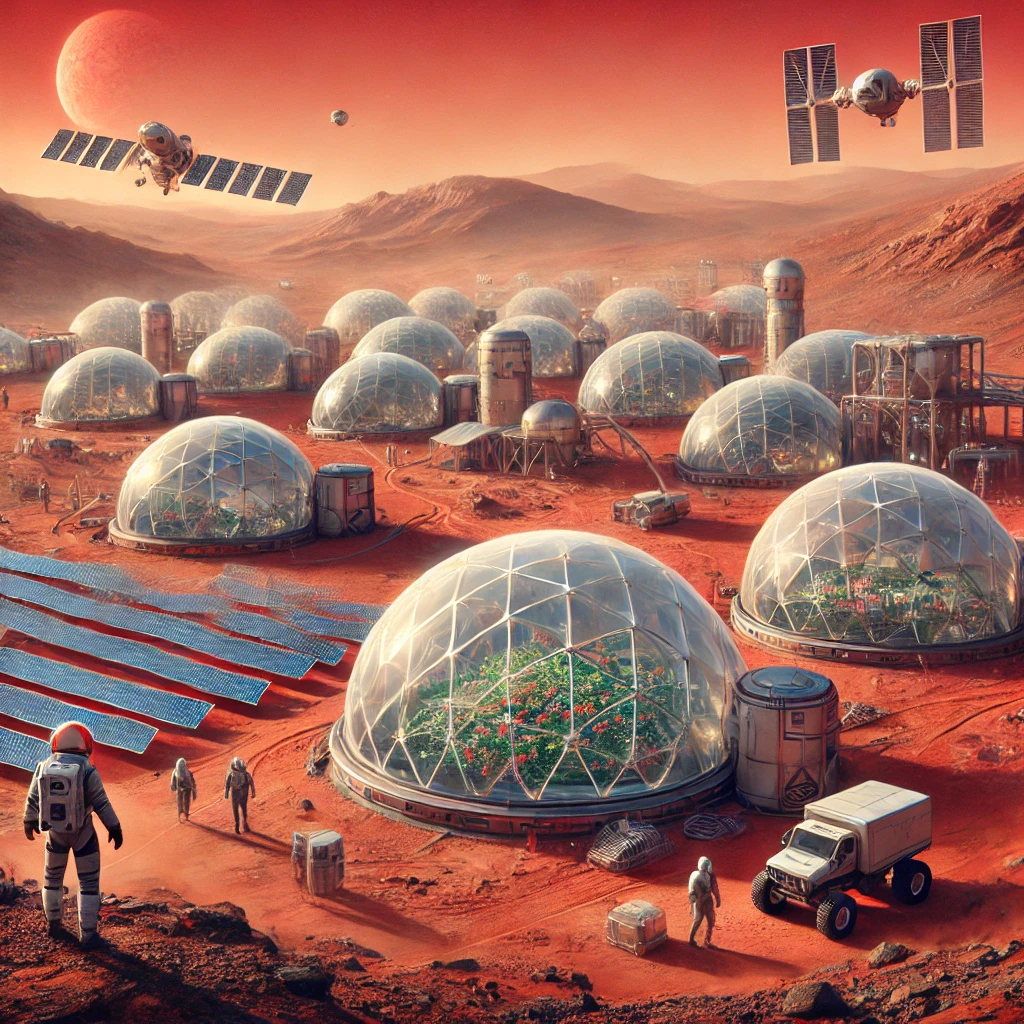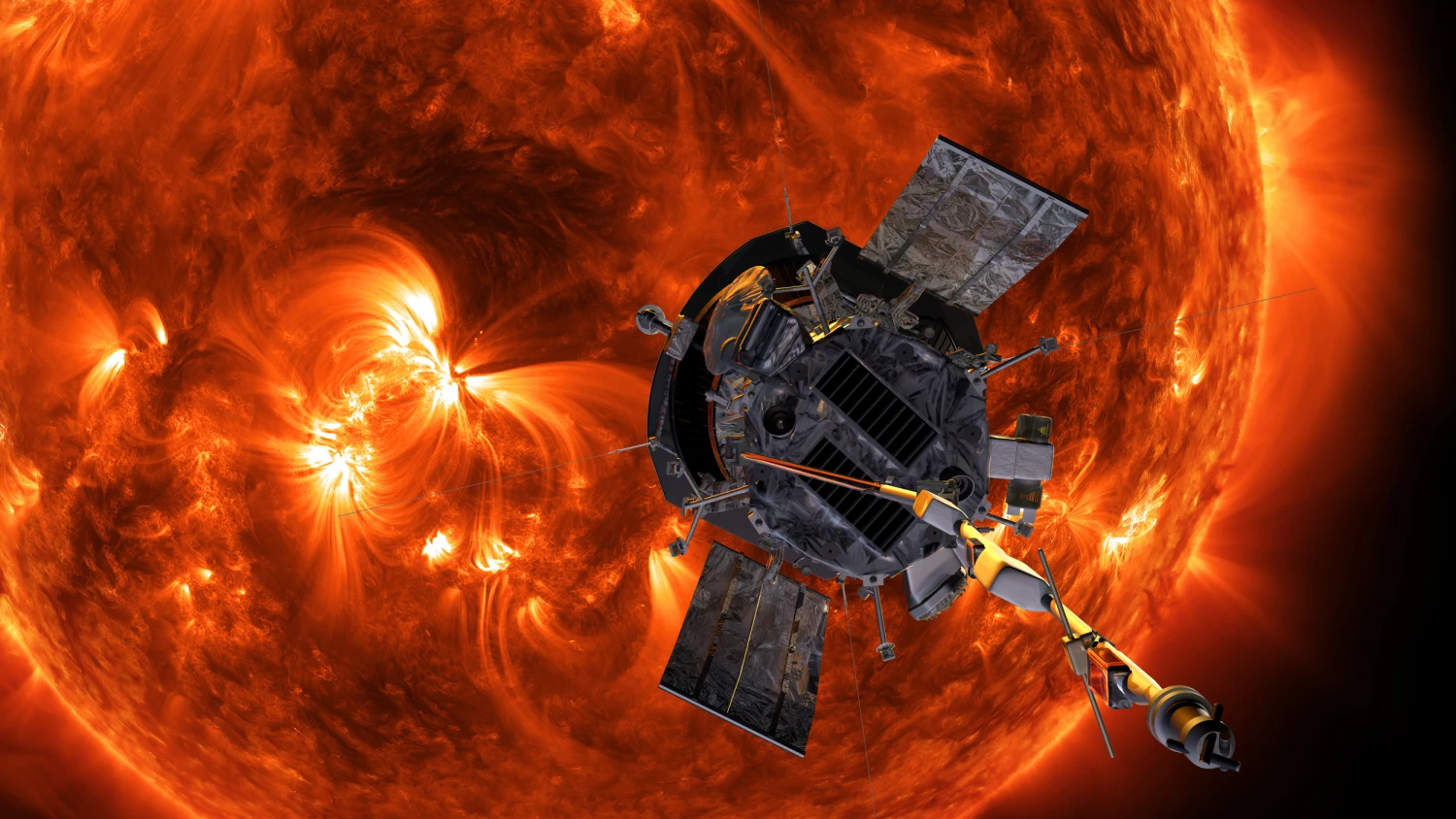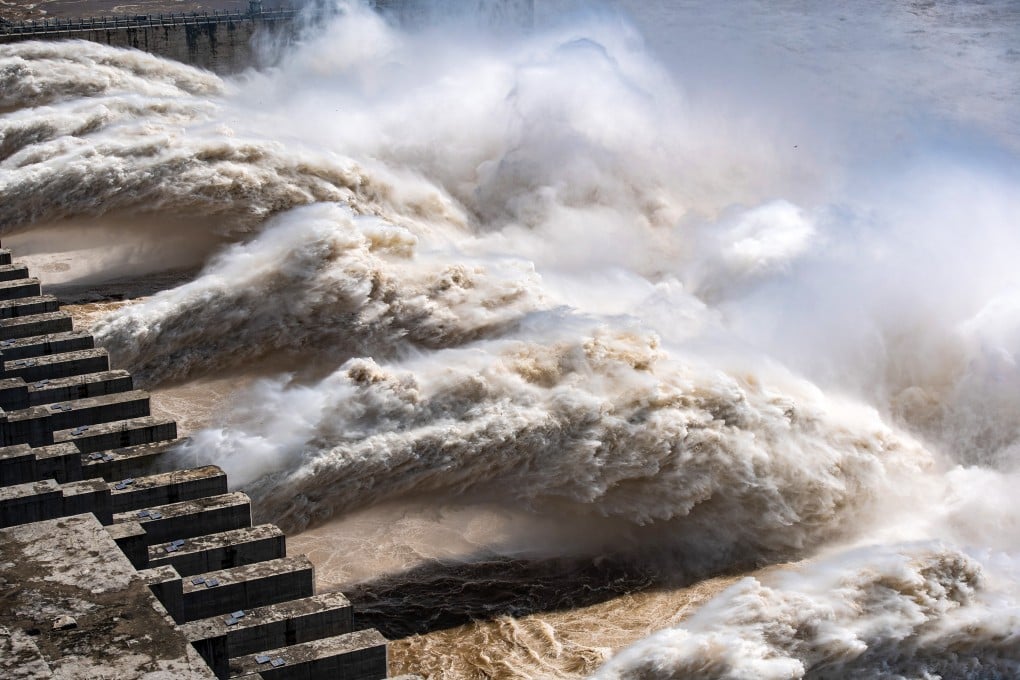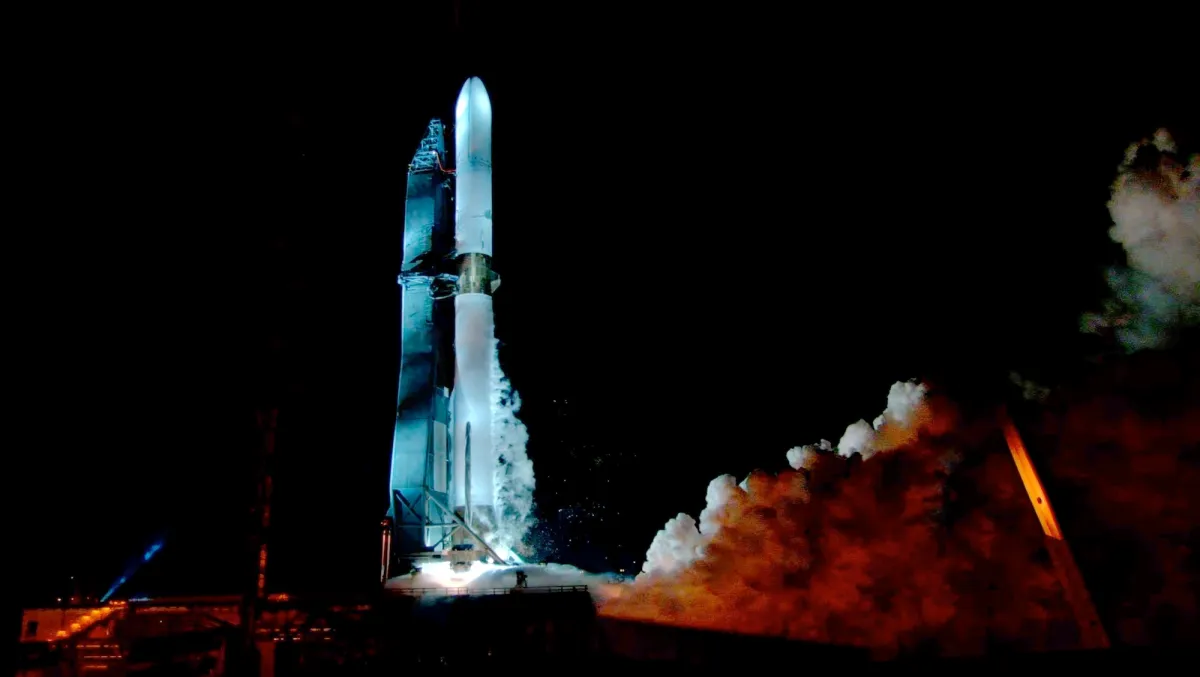Should Humans Colonize Space?
Space colonization has been a captivating concept for centuries. From early 17th-century astronomers like Johannes Kepler to modern sci-fi novels, humanity has dreamed of exploring and inhabiting the stars. With the advent of space agencies like NASA and the increasing participation of private companies such as SpaceX, Virgin Galactic, and Blue Origin, these dreams are beginning to materialize. Yet, the question remains: should we colonize space? Let’s explore both sides of the debate.
The Case for Space Colonization
Ensuring Humanity’s Survival
Elon Musk and other proponents argue that colonizing space is essential for the long-term survival of humanity. Musk suggests that becoming a multi-planetary species would protect us from extinction caused by catastrophic events like asteroid impacts or global nuclear war. This idea resonates with ethical arguments about the moral duty to safeguard humanity, ensuring that human consciousness survives for future generations.
A Logical Next Step in Human Progress
Many believe space colonization is the next logical step in human exploration and growth. As Fred Kennedy, president of Momentus, argues, civilizations that turn toward expansion and discovery thrive, while those focused solely on solving terrestrial problems stagnate. The potential to harness resources from space, combined with technological advancements, could also create a new era of growth, improving life on Earth.
Space and Earth Can Coexist
Some experts, like Gonzalo Munevar, argue that space exploration doesn’t have to conflict with solving Earth’s environmental problems. Colonizing space could enable us to extract resources like solar power or minerals without harming our planet. Space research could also lead to technological advancements that address climate change, such as carbon capture and clean energy solutions.
The Case Against Space Colonization
Humanity’s Focus Should Be Earth, Not Space
Critics argue that before venturing into space, we must first address the pressing issues on Earth, such as climate change and social inequality. Lori Marino contends that our track record in caring for Earth’s ecosystem shows we’re not yet ready to manage the complexities of colonizing another planet. Many believe space colonization is an attempt to escape rather than confront the difficult problems we’ve created.
The Harsh Reality of Space
Space is a hostile environment for humans. Mars, with its thin atmosphere and extreme temperatures, poses numerous challenges for survival, including radiation exposure and the difficulty of terraforming. Even if we could make Mars habitable, the immense cost and time required to do so would be staggering, making such projects highly impractical. Additionally, the health risks of living in space, such as muscle degeneration and radiation sickness, cannot be ignored.
Cultural and Ethical Concerns
Some also argue that humanity’s expansion into space could simply repeat the mistakes made on Earth. As John Traphagan points out, our history of exploitation and colonization could carry over into space, leading to further destruction. Moreover, the idea of “human exceptionalism” may shape our approach to space colonization, resulting in the same social, economic, and environmental challenges that we already face.
Space Colonization: Conclusion
Space colonization offers both remarkable possibilities and serious challenges. While the potential for survival and technological innovation is clear, the environmental, ethical, and logistical hurdles remain significant. Whether or not humans should colonize space ultimately hinges on our ability to balance exploration with responsibility—both to our planet and to future generations.





